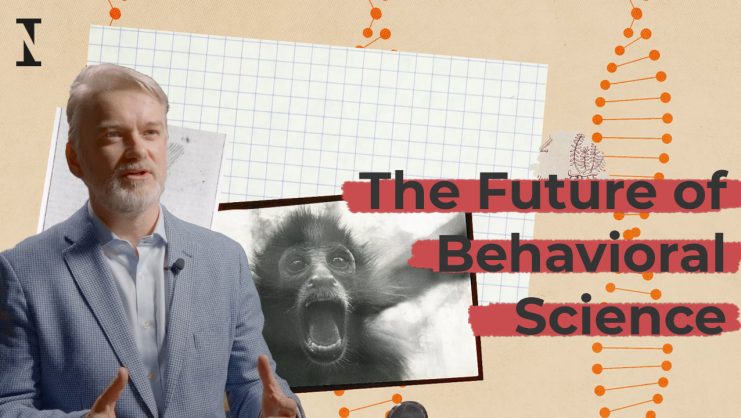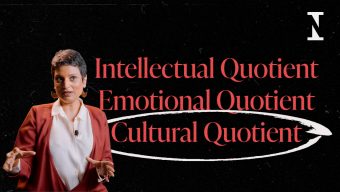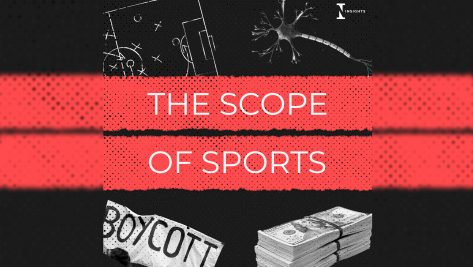Today, everyone wants to be an expert storyteller because storytelling is the ultimate tool of persuasion. But storytelling is not a new phenomenon. In fact, the value of storytelling was underlined as far back as 375 BC, or almost 2400 years before modern science and the marketing experts of today. In the last years, storytelling has even been linked to human evolution and social adaptation in the form of cooperation and teamwork.
Plato’s Republic, commonly regarded as the culminating achievement of Plato as a philosopher and writer and one of the most influential books ever written, underscores the importance of storytelling. In Book Two, when the subject of education broached, the first topic is stories and storytelling: “Then it seems that our first business is to supervise the production of stories, and choose only those we think suitable, and reject the rest. We shall persuade mothers and nurses to tell our chosen stories to their children, and by means of them to mold their minds and characters which are more important than their bodies. The greater part of the stories current today we shall have to reject.”
As much as it pains me that here stories are controlled, banned, and censored, it is clear that storytelling is understood as powerful in shaping culture, character and behavior.
Humanity and emotions
Storytelling is the protagonist of Canto 26 in Dante’s Inferno in his Commedia of 1472. As Dante approaches the eighth pouch of the eighth circle of hell, he begs Virgil, his guide, to let Ulysses speak. More than speak, he rewrites the conclusion of Homer’s Odyssey of 750 B.C. Dante has allowed the character to become the storyteller and change his destiny.
As Odysseus finally goes back to Ithaca, and Penelope could stop undoing her knitting every night, so that the suitors would stay away. In Dante’s iteration, the epic hero decides that home life was not for him and sets sail once more. This time, he will go beyond the borders of the known world, or the Pillars of Hercules, located outside what is modern day Cadiz. Odysseus himself is such a convincing leader that he urges his men to continue this impossible voyage with him. It is here that Ulysses and his men are lost forever. Dante, another gifted storyteller, kills off the Homeric hero, offering him a privileged place in hell for the entrepreneurs who go too far.
Boccaccio’s Decameron is a collection of stories- one hundred novels told in ten days by seven ladies and three young men-while residents of Florence escaped hell, in the form of the plague in the 14th century.
The opening line of the Decameron, his “human comedy” begins with Boccaccio implicitly offering a counterpoint to this moral and emotional void, by emphasizing one of humankind‘s finer qualities: “to have compassion is a human thing.”
For Boccaccio, storytelling and reading enables one to develop empathy and become more human. In recent years, the emotion of compassion and its ethical political and literary implications has interested scholars in various disciplines. Martha Nussbaum, Professor of Law and Ethics at the University of Chicago, and Steven Pinker, Harvard Professor of Psychology, see compassion as “the basic social emotion,” the glue that holds society together and serves as the basis for a democratic and just society.
More importantly, for me, as Gur Zak has argued, both scholars point to literature-especially literature with a strong tragic component-as the main cultivator of compassion: “The empathetic identification with the hardships of literary characters, they argue, develops our ability to recognize out shared human vulnerabilities and thus become compassionate and caring people in real life” (Zak, 1)1. Here, storytelling is the promoter of the emotion that allows modern society to function.
In the sixteenth century, Marguerite de Navarre’s Heptameron, mimics the format of the Decameron, but uses “real” stories or current events, and has her characters react to them. In this way, the conversations and debates that ensue after the stories are told are more meaningful than the stories on which they are based, since they reflect Marguerite’s preoccupation with ethics and her analytical interest or critical thinking skills. Here, having the 10 storytellers offer multiple perspectives in their reactions and commentary to the storytelling emphasizes the need to think critically about current topics, or the news. What a modern and useful use of storytelling.
Cooperation and teamwork
Recently, Andrea Migliano, an anthropologist at University College London, proposed that storytelling may have promoted cooperation in early hunter-gatherer societies. In her study of Agta people of the Philippines, she was surprised to discover that storytelling seemed to matter far more than all other skills. In fact, good storytellers were twice as likely to be named as ideal living companions. The stories covered themes such as cooperation, egalitarianism, and gender equality, which are also present in around 70% of the stories that Migliano compiled from work with other hunter-gatherer groups. These groups use stories to broadcast the norms that are important to them. Migliano points to research suggesting that religious gods are a relatively recent invention, which emerged once human societies became larger. Small communities like the Agta, or our hunter gatherer ancestors, use stories for the same purpose of morality and cooperation, or as we like to call it, teamwork.
Robert McKee, the world’s best-known and most respected screenwriter, believes that executives can engage listeners on a whole new level if they toss their PowerPoint slides and learn to tell good stories instead. So, embrace storytellers and storytelling. You may not only promote your brand or product, but even increase empathy and encourage cooperation.
© IE Insights.
________________________________________________________________________________
[1] Zak, Gur. “‘Umana cosa è aver compassione’: Boccaccio, Compassion, and the Ethics of Literature.” I Tatti / Villa I Tatti, The Harvard University Center for Italian Renaissance Studies, 22, 1 (Spring 2019), Seite 5-20, 2019.











